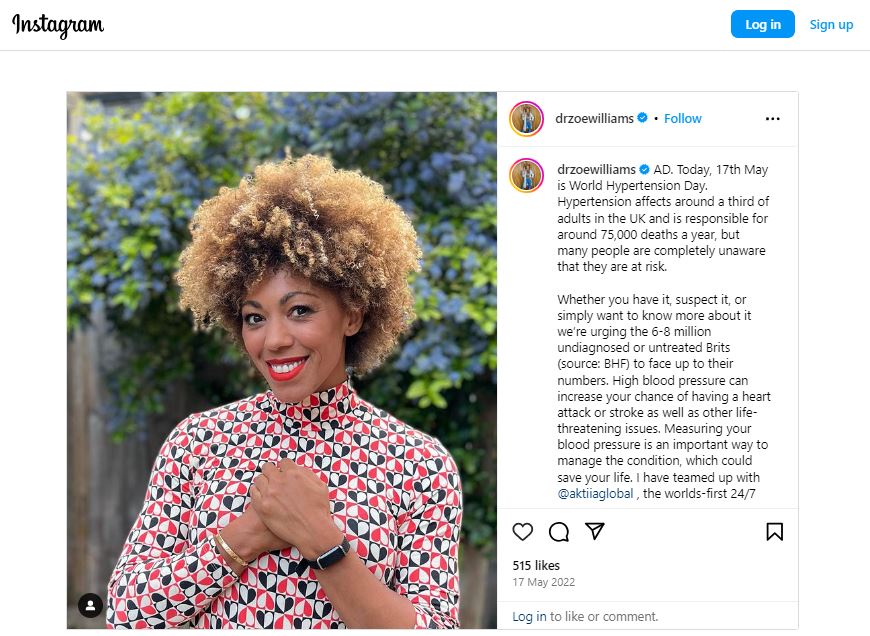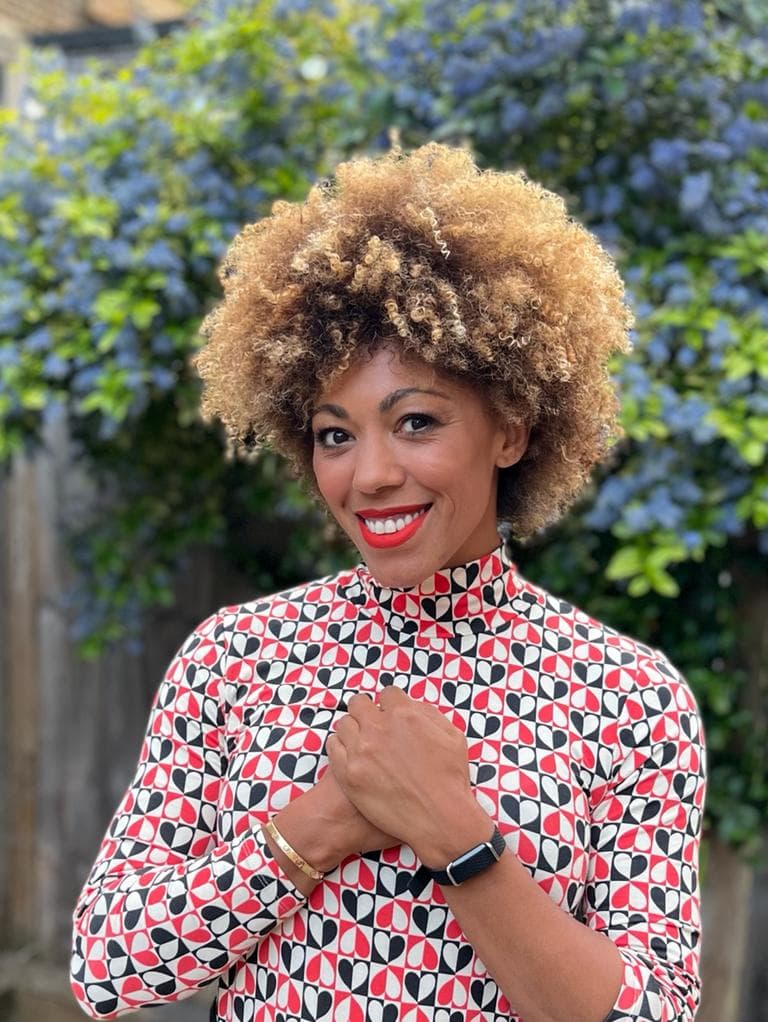
Today, 17th May is World Hypertension Day. A day dedicated to raising awareness of high blood pressure, its preventative measures, and complications associated with the chronic condition. Hypertension affects around a third of adults in the UK and is responsible for around 75,000 deaths a year, but many people are completely unaware that they are at risk.
Whether you have it, suspect it, or simply want to know more about it we’re urging the 6-8 million undiagnosed or untreated Brits (source: BHF) to face up to their numbers. Here Dr Zoe Williams explains why it is so important to check your blood pressure, and what you can do to make sure it stays within a healthy range.
“If you want to measure your blood pressure you can always see your GP, but there are a number of other places you can check on your numbers, such as pharmacies and even at home. In fact, readings taken at home are not only easier but can often be more accurate, as you are more likely to be calm and relaxed, can check your blood pressure at any time of day or night, and avoid a condition called ‘White coat hypertension’ where your readings are elevated in a clinical setting.”
Top Tips on knowing your blood pressure
Don’t assume you’re okay
High blood pressure rarely has noticeable symptoms. But if untreated can cause heart attacks or strokes – the only way to work out if you have hypertension is to have your blood pressure checked. Or take some readings at home.
Understand the numbers – or seek help from a medical professional who does
The NHS advises that high blood pressure is over 140/90 mmHg or higher (150/90 mmHg or higher if over 80 years old). Ideal blood pressure is between 90/60 mmHg and 120/80 mmHg, and blood pressure readings between 120/80 mmHg and 140/90 mmHg could mean you’re at risk of developing high blood pressure if you do not take steps to improve it.
Monitor your blood pressure at home
This is my top tip for anybody who is concerned about their blood pressure. Checking your blood pressure at home gives you an idea of what is normal for you, and can help you see how well any changes you’re making are working and feel more in control. There are both cuffs for use at home and also a new breed of clinical grade wearable devices that monitor blood pressure 24/7 using optical sensors.
Top Tips to lower your blood pressure
Healthy living
Getting active, stopping smoking and aiming for as healthy a weight are some of the best things you can do to keep, or lower your blood pressure to within healthy range.
Healthy eating
What you eat can make a huge difference to your blood pressure quickly and naturally. Getting your-five-a-day while cutting back on salt and saturated fats will help.
Medications
If you have been diagnosed with high blood pressure, your doctor might suggest taking medication to lower it.
Identify your triggers
Each of us is different – by taking regular readings, such as with a 24/7 wearable device like Aktiia, you can learn when your blood pressure is elevated or within normal range, and look to shape your life and your treatment around this information – by taking this data to your GP. And feeling informed yourself.



